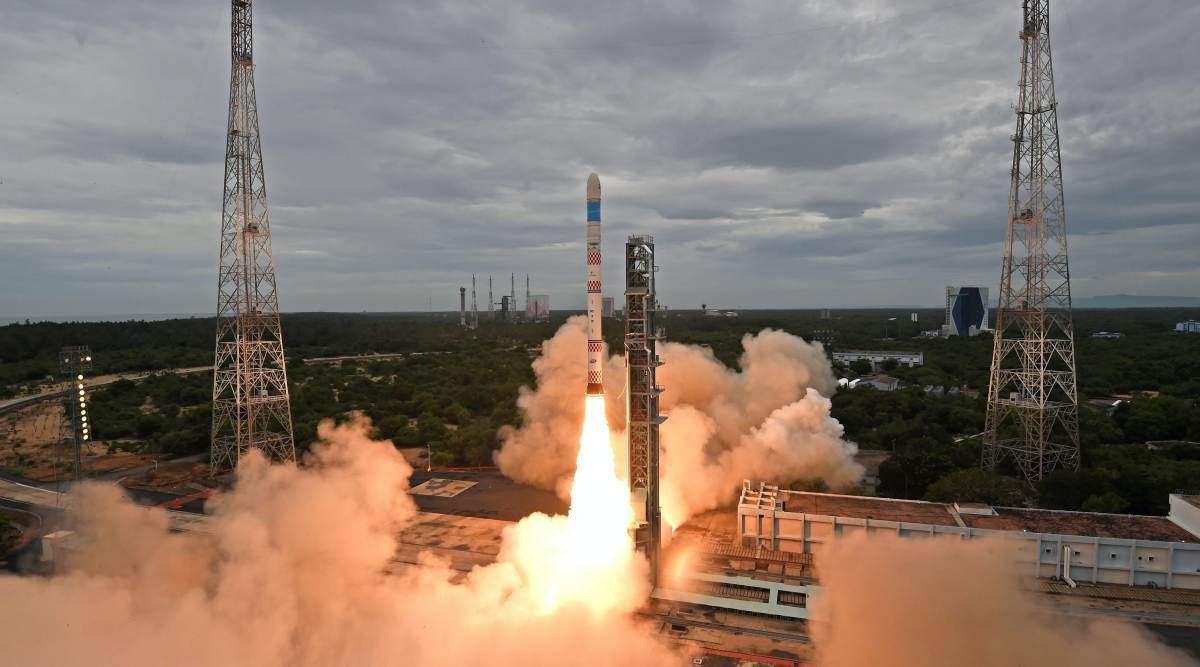Liberal Bill, Insurance for space activities required for the development of space sector: ISPA D-G

According to Indian Space Association (ISpA) Director General Lt Gen AK Bhatt, a new space bill – a legal framework for commercial uses of space – will be “completely different” from the proposed legislation released in 2017, which seeks to do away with the provisions of imprisonment.
“That (previous Bill) was a bit harsh. Imprisonment would be a huge incentive for the industry so the government would remove it. They have taken note of it, and it will not be part of it,” Bhatt said on the sidelines of the Indian Space Summit organized to celebrate its first anniversary.
The 2017 bill provides imprisonment of up to three years and a fine not exceeding Rs 1 crore if an activity is carried out without a prior license, if false information is furnished, or if it affects the earth, airspace, outer space, or pollutes celestial bodies.
Apart from leniency regarding criminal charges, the Bill will also create a mechanism for insurance damages. “The cost of insurance (for space activities) is very high. Today, ISRO does not pay for it as it is a government commitment, but when there is a private player, they will need insurance,” he said.
According to Bhatt, this can be dealt with in one of two ways: either a corpus fund that can pay the loss or the government must set a cut-off. “They (the government) need to come up with a cut-off. Suppose companies will pay insurance premiums up to Rs 300 crore; it becomes a sovereign responsibility,” he said.
The previous Bill also states that rules can be made for insurance or financial guarantee by private companies by the Center for space activities.
Marking the shift towards the private sector, India’s heaviest rocket, GSLV Mk III, will launch 36 satellites, the OneWeb global communications satellite constellation. This is the first commercial launch by the vehicle, which has so far carried two ISRO communication satellites for its two development flights and Chandrayaan-2 for its first operational flight.
The launch will take place on October 21 from the second launch pad of the country’s only space station, Sriharikota.
While ISPA has grown from seven members a year to over 50 members, the number of space sector start-ups in the country had also increased to over a hundred-two years ago, before the space sector opened.
Dr. Jitendra Singh, Minister of State for Space, said that the growth of the private space sector shows that there is no dearth of capacity in India. “There was no dearth of capacity. If it were, we would not see it at all,” Singh said. “The system at that time lacked possibilities and resources.”
ISRO chairperson S Somnath said, ‘We (the space sector) have to grow. Downstream applications are less complex, but it becomes much more challenging to provide failovers when you go upstream. This is where we need to support each other, and that’s where the role of space comes in.
“The space sector can solve many problems, important issues of climate mapping, and internet services. These are some of the emerging markets that we will see growth.”
He said ISRO would be a partner, not a competitor, for innovations.
“With a rapidly growing space ecosystem, India is poised to grow at a CAGR of 6% to $13 billion by 2025. We believe that as India looks forward to the new space policy, the role of private industry is set to create a revolution in the current value chain of the Indian space economy,” said ISPA President Jayant Patil.



